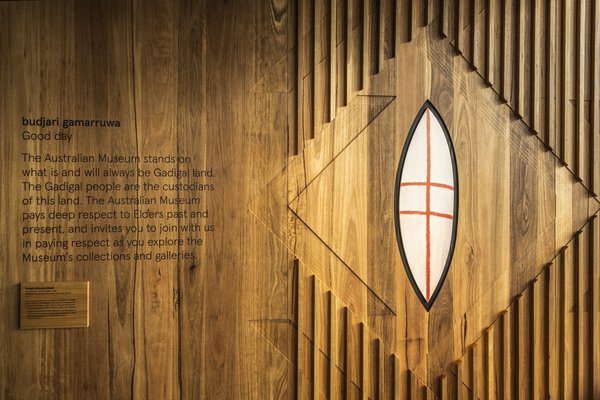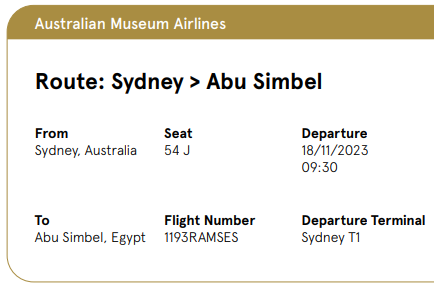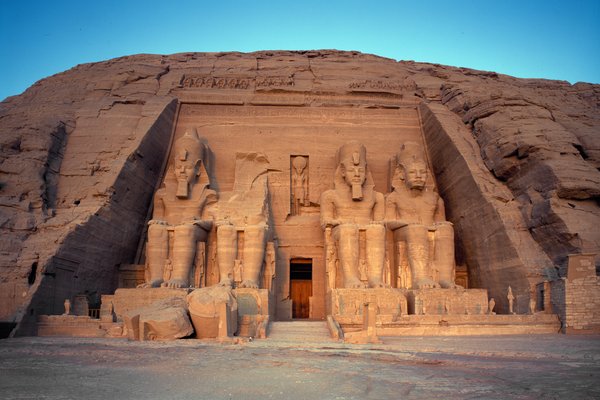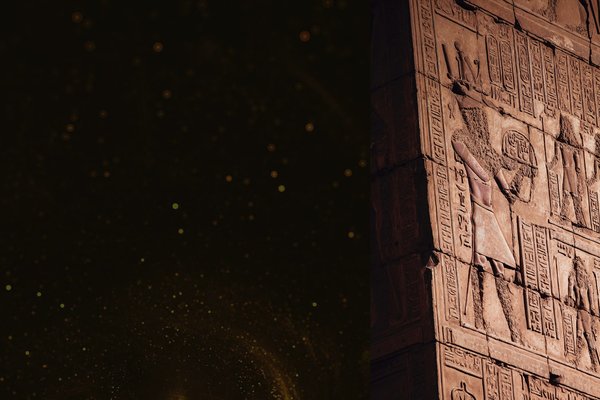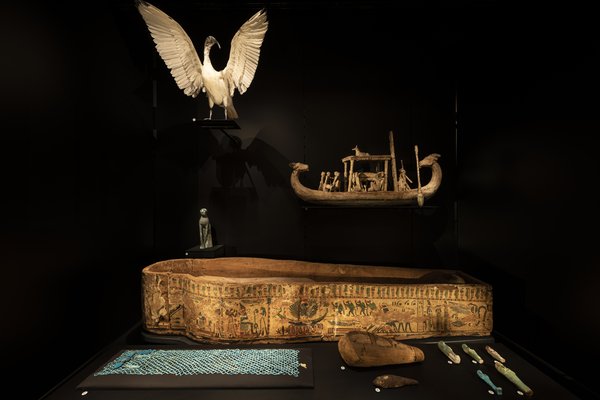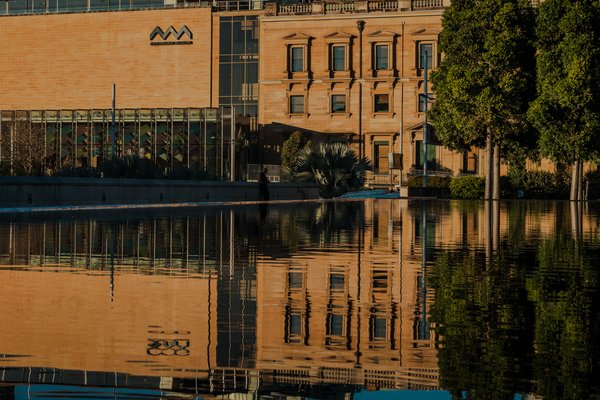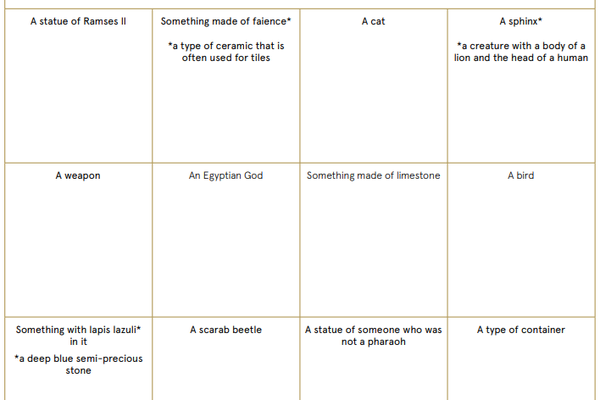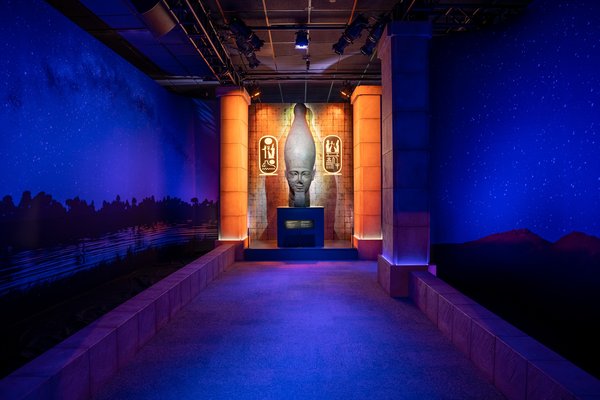Ramses: An ancient adventure unit

-
Audience
Secondary school, Teachers -
Learning stage
Stage 4 -
Learning area
History -
Type
Learning unit, Learning resources
On this page...
This unit provides a scaffolded approach to exploring ancient Egypt and the world of Ramses the Great. Each section of the unit will direct you to a section of the Ancient Adventures activity booklet. Both the activity booklet and Connect Four worksheet are available within the unit below.
Make sure you read the learning intentions and success criteria attached to the activities and use them to reflect on your work.
Through this unit, students will:
- describe major periods of historical time
- describe and assess the motives and actions of past individuals
- use evidence from sources to support their responses
- use historical terms and concepts in their responses
- effectively research a range of historical features, individuals and events
- use a range of forms of communication to show their understanding
Students will be successful when they can:
- describe the importance of Egypt's geographical context and physical features
- assess the importance of Egyptian monuments to history
- describe the roles of different social groups including farmers, craftworkers, viziers, scribes and the pharaoh
- describe Egyptian funerary customs
- assess the importance of Ramses the Great
NSW syllabus outcomes
HT4-2, HT4-3, HT4-6, HT4-9, HT4-10
Ramses & the Gold of the Pharaohs is now closed, but this unit can still be used to engage your students in ancient Egypt.
Ramses II, commonly known as Ramses the Great left an enduring mark on history as one of Egypt’s most iconic and prolific pharaohs. His 67-year reign was marked by military conquest, diplomatic achievements, the world’s first known peace treaty and a building program that was among the most impressive in Egyptian history.
Featuring the greatest collection of Ramses II objects and Egyptian jewellery ever to travel to Sydney, Ramses & the Gold of the Pharaohs will transport students to Egypt’s most iconic sites to explore over 180 objects dating from the Old Kingdom to the Ptolemaic period.
By coming face-to-face with pharaohs, encountering rich multimedia experiences and hearing from some of the world's leading experts on Ramses II’s extraordinary life, students will examine the nature of power and authority, and the significant developments that shaped New Kingdom Egypt.
-
Before your visit
-
Acknowledgement of Country
![Gadigal Shield and Statement of Reflection]()
Learn about the importance of an Acknowledgement of Country, and write one for your school.
-
An Ancient Adventure
![australian museum ticket]()
Start your seven-day trip to ancient Egypt by downloading the Ancient Adventures activity booklet!
-
Brainstorm
![Large ancient ruins of Karnak temple in Egypt]()
Are you an Egyptomaniac? Discuss the birth of Egyptomania with your class and research the discovery of Tutankhamun's tomb.
-
Get ready!
![Abu Simbel temple in Egypt]()
Open your activity booklets and read through the welcome letter, check your itinerary and pack your bags.
-
Day one: Abu Simbel
![The facade of the Great Temple of Ramses II, Abu Simbel, Aswan.]()
Conduct some research on UNESCO's role in saving Abu Simbel and write a letter to Ramses' builders to help them avoid a environmental catastrophe.
-
Day two: Along the Nile
![Detail from tomb of Inherkha in Luxor, Egypt.]()
Investigate some primary sources and discuss how Egyptian seasons are different to our own.
-
Day three: Deir el-Medina
![Ramses Sat Lecture series 3 - Painting from the Tomb of Sennedjem, Deir el Medina, 19th Dynasty (detail)]()
-
Day four: Thebes and the Opet Festival
![Ramses programs banner: detail of hieroglyphs in Karnak, Luxor Egypt]()
Research the Opet Festival and the gods that it celebrated (Amun-Re, Mut and Khonsu), before creating some advertising material to bring in the masses.
-
Day five: Saqqara
![Theban mummy & coffin]()
Imagine yourself as an Egyptian embalmer, write a list of ingredients for mummification and then learn how to reach eternal paradise through The Book of the Dead.
-
Day six: Piramesse
![Ancient Egyptian hieroglyphics on papyrus.]()
The vizier has lost the town plan! Create a map of the city Piramesse and then use the hieroglyphic alphabet to write your own name tag.
-
Day seven: Ramses the Great
![The sarcophagus of Ramses II (detail)]()
On the last day of your trip, meet Ramses the Great and interview him about his experiences as one of Egypt's greatest pharaohs.
-
-
At the Museum
-
Book a free self-led visit
![Exterior of Australian Museum building]()
Book your visit to the Australian Museum to engage with our collections, artworks and stories.
-
Connect Four
![Connect Four]()
Download the worksheet and go exploring in the exhibition! Or set up an exhibition in your own classroom, and see what your students can find.
-
-
After your visit
-
Object story
![Ramses the Great and the Gold of the Pharaohs]()
If an object could speak, what kind of story might it tell? Select an object and write a story from its perspective.
-
Exhibition review
![Ramses the Great exhibition]()
Write a review about your recent visit to Ramses & the Gold of the Pharaohs (or another exhibition), identifying and describing your favourite objects.
-

